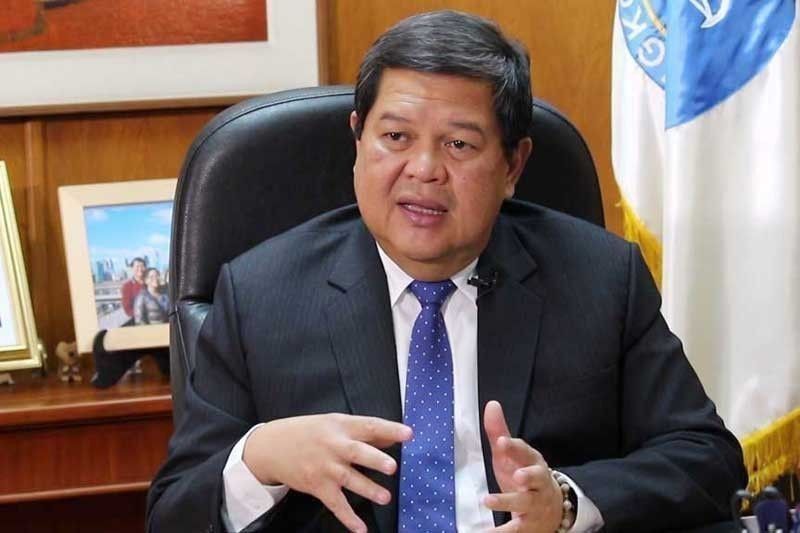Bangko Sentral ng Pilipinas pauses on RR reduction

MANILA, Philippines — The Bangko Sentral ng Pilipinas (BSP) will put on hold additional reductions in the level of bank deposits banks are required to keep with the central bank so as not to further stoke inflation.
BSP Governor Nestor Espenilla Jr. said further cuts in the reserve requirement ratio (RRR) would resume next year as inflation is set to ease within the central bank’s two to four percent target.
“This initiative can resume next year just as inflation returns to target based on our forecast. The goal of achieving single digit RRR by the end of my term is, therefore, quite attainable without sacrificing effective monetary control,” he said.
Inflation leapt to a fresh five-year high of 5.2 percent in June from 4.6 percent in May due to higher oil prices, weak peso, and the impact of the implementation of the tax reform law.
The BSP’s Monetary Board has already reduced the RRR twice this year to 18 percent from 20 percent, releasing around P190 billion in additional liquidity into the financial system to support the country’s growing economy.
The first reduction that took effect last March 2 injected P90 billion worth of fresh funds into the system, followed by another 100 basis point cut last June 1 that released another P100 billion in additional liquidity into the economy.
“We’ve done enough with 200 basis points in total RRR cuts this year in line with the strategy to implement this important financial sector reform over the medium term in a gradual and phased manner. At the same time the liquidity impact has been fully neutralized through open market operations,” Espenilla said.
Despite the reduction, the Philippines has the highest RRR in the region compared to China’s 17 percent, Brazil’s 15.5 percent, Indonesia’s 12 percent, Thailand’s six percent, Taiwan’s six percent, India’s four percent, Malaysia’s 3.5 percent, Singapore’s three percent, and Japan’s 0.8 percent.
Espenilla has committed to trim the ultra high RRR to single-digit levels within his six-year term.
“Cutting RRR by 200 bps this year already sends a credible and concrete signal to the financial system of BSP’s commitment to structural reforms so the industry can be guided accordingly in developing their long term strategic plans,” the BSP chief said.
Economists and analysts have questioned the move of the BSP in delivering back-to-back rate hikes for a combined 50 basis point increase last May 10 and June 10 to curb rising inflationary pressures, while releasing more liquidity into the system through the RRR reductions.
In his first by-invitation-chat with economic and financial analysts last Wednesday, Espenilla said monetary authorities were deliberate in the timing of the RRR reductions as it waited for alternative mechanisms such as the shift to the interest rate corridor (IRC) framework which involved the launch of the term deposit auction facility (TDF).
“With the recent firm anchoring of market rates to the IRC, we now have room for the reduction of reserve requirements over the medium-term as an operational adjustment, which we started early this year. I would like to emphasize that the RRR cuts are not intended to be expansionary as these are offset by compensating actions,” he said.
However, in a press conference last Wednesday, International Monetary Fund mission chief Luis Breuer said there is a need to pause on further reductions to address communication challenges arising from the tightening of the policy stance with the 50 basis points rate hike so far this year.
Breuer said there is a need to maintain the current level until inflation, which averaged 4.3 percent in the first half of the year – exceeding the BSP’s two to four percent target, is on a downward path.
“So in our view, we support BSP’s intention to take stock of what has been done already and pause perhaps on further reductions on the reserve requirement until inflation is clearly on a downward path and inflationary expectations are better anchored,” Breuer said.
- Latest
- Trending




























